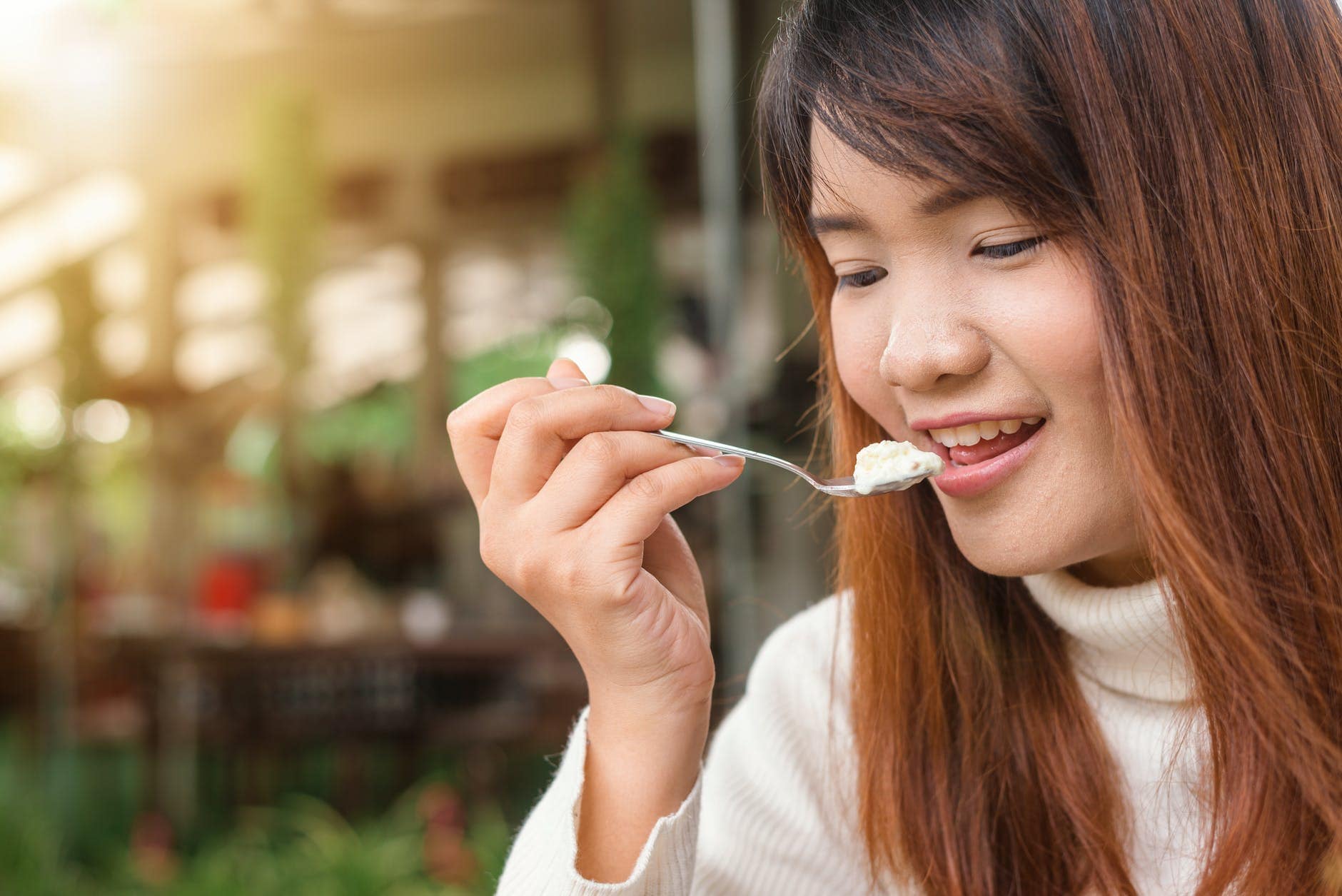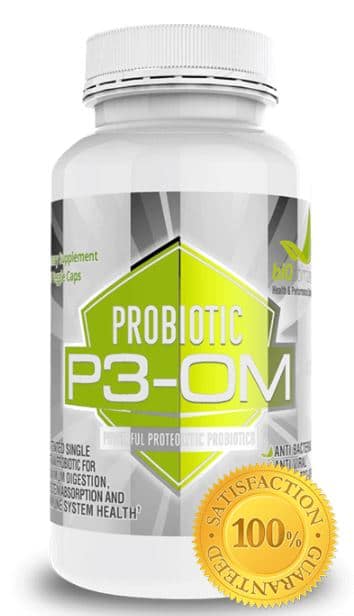In this video health tip, Tony is back in the grocery store looking at one of America’s favorite “healthy” snacks – yogurt. Tony explains that there’s three main questions to ask when looking at a yogurt label:
1.) What is the emulsifier being used?
2.) What is it being colored with?
3.) What is it being sweetened with?
Before we dive in though, check out this awesome research from the Cornucopia Institute which breaks down a “scorecard” of the healthiest yogurts based on sweeteners, organic ingredients, artificial ingredients, and if they use live probiotic cultures. Probiotics are beneficial bacteria that are absolutely crucial for gut health. Click here to learn more about the specific probiotic supplement that Tony takes every day.
Emulsifier
Emulsifiers are simply chemicals used to help oil and water mix together, because they don’t do so naturally. One emulsifier to keep an eye out for is “carrageenan” – you’ll also see it other places often associated with dairy, such as frozen cheese ingredients on pizzas, or cottage cheese and nut milks. Even many organic companies (organic valley, 365 whole foods, and horizon) use this it.

A 2017 randomized, double-blind, placebo-controlled, multicenter, clinical trial was conducted to see if patients recovering from ulcerative colitis had a longer interval to relapse if they followed a diet with no carrageenan. It found…
“…patients who received carrageenan-containing capsules relapsed, and none of the patients who received placebo-containing capsules relapsed (p = 0.046, log-rank test). Laboratory tests showed increases in Interleukin-6 (p = 0.02, paired t-test, two-tailed) and fecal calprotectin (p = 0.06; paired t-test, two-tailed) between the beginning and the end of study participation in the carrageenan-exposed group, but not in the placebo-group.” – 2017 randomized, double-blind, placebo-controlled, multicenter, clinical trial
Fecal calprotectin and Interleukin-6 levels tells doctors if there is inflammation or not. This is used to diagnose conditions such as ulcerative colitis, chron’s disease, or Irritable Bowel Syndrome. I’m not a doctor, so legally I can’t recommend you do something to cure your disease, but when randomized, double-blind, placebo-controlled, muilticenter evidence suggests a food chemical is aggravating your exact medical condition, perhaps look for it on labels.
A 2011 study on mice who were given carrageenan in their drinking water showed:
“Glucose tolerance was significantly impaired in carrageenan-treated 12-week-old mice compared with untreated controls at all time points (n = 12; p < 0.0001)”
and the same study concluded:
“Baseline insulin and insulin levels at 30 min after taking glucose during the GTT were significantly higher following carrageenan treatment. During the ITT, glucose levels declined by more than 80% in controls, but not in carrageenan-treated mice…….The results demonstrate extra-colonic manifestations of ingested carrageenan and suggest that carrageenan in the human diet may contribute to the development of diabetes.“
In 1972, the Food and Drug Administration considered putting restrictions on carrageenan and ultimately decided not to. In 2008 the FDA was petitioned to ban carrageenan and nearly five years later, they formally denied that request (Thanks, government!).
Sources: Bhattacharyya S, Shumard T, Xie H, et al. A randomized trial of the effects of the no-carrageenan diet on ulcerative colitis disease activity. Nutr Healthy Aging. 2017;4(2):181-192. Published 2017 Mar 31.; https://www.ncbi.nlm.nih.gov/pmc/articles/PMC1242073/; Bhattacharyya S, O-Sullivan I, Katyal S, Unterman T, Tobacman JK. Exposure to the common food additive carrageenan leads to glucose intolerance, insulin resistance and inhibition of insulin signalling in HepG2 cells and C57BL/6J mice. Diabetologia. 2012;55(1):194-203.


